One morning in the dead of winter, Robert, 83, and his wife, Donna, 71, (their last name is withheld at the couple’s request) members of Grannies Respond/Abuelas Responden, a nonprofit that aids immigrants and asylum seekers, drove from their East Falls home to Center City’s Greyhound bus station to meet a Central American family just admitted to the United States.
“The mother, father and toddler had been riding buses for several days,” says Robert, a retired psychologist. “They were hungry and exhausted. The child was coughing, sneezing and feverish.” Like other immigrants, the family had only been given a bus ticket — no food, money or other resources — to the city where a sponsor or relative would meet them, even though they faced a grueling four- or five-day ride. “We gave them water, hand-wipes and other supplies,” Robert says. “We also bought socks — the child was barefoot — sandwiches and cold medicine and showed the mom how to administer it. They were so appreciative.”
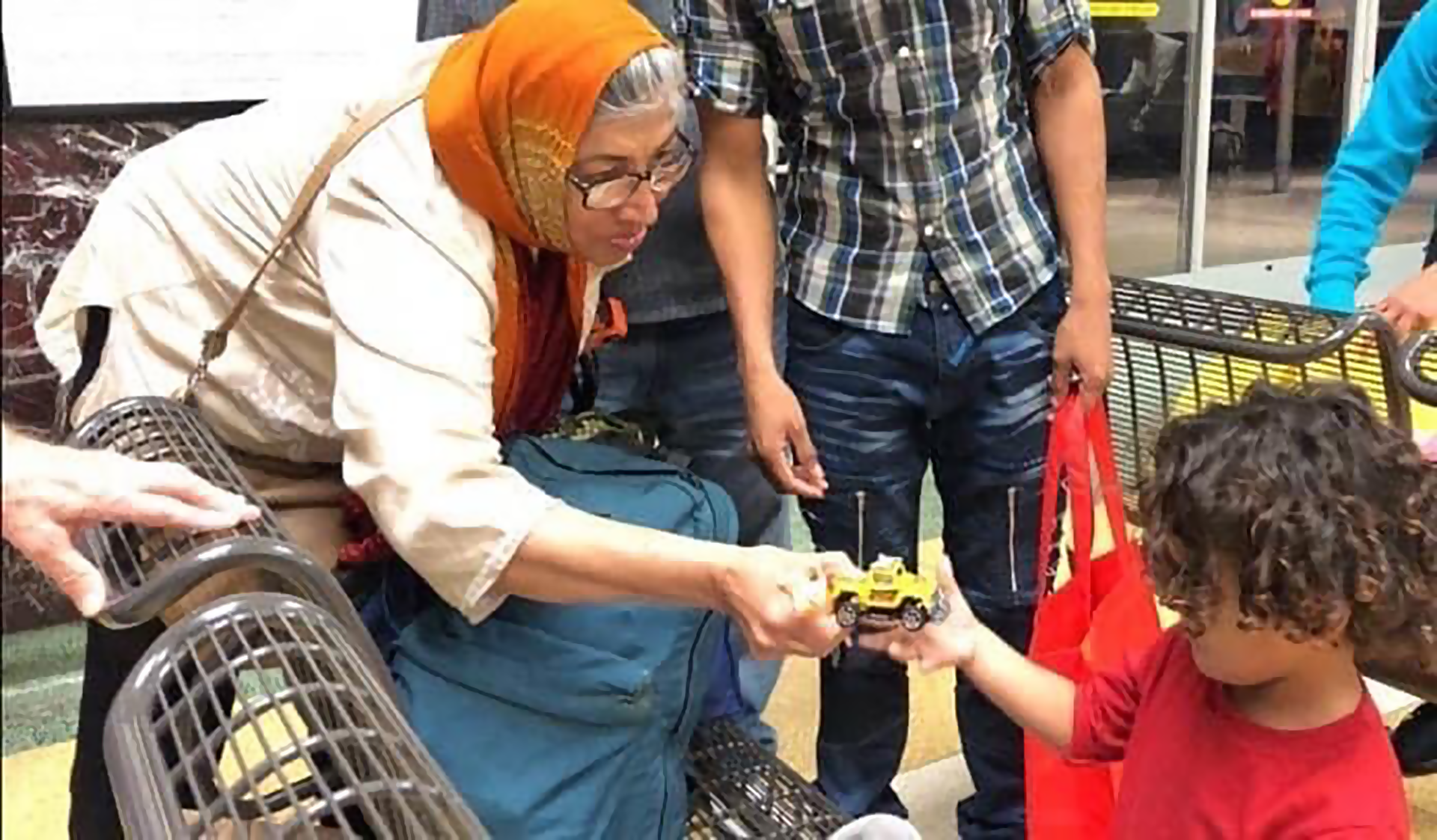
Food and water are critical, but intangibles make a difference, too.
“Sometimes, a woman arrives with one or two children after days on the bus,” says Judy Reitzes, 67, of Mount Airy, retired from teaching English as a Second Language (ESL) at the Community College of Philadelphia and a Granny for two years. “I can give her a little break and watch her things while she goes to the ladies’ room,” Reitzes says. “Sometimes she just needs a smile or a hug.”
Grannies Respond/Abuelas Responden, an entirely volunteer group founded in 2018 and headquartered in Beacon, New York, north of Manhattan, strives to give compassionate treatment to immigrants seeking refuge in the United States, says executive director Catherine Cole, 67. The organization helps ensure that people have basic supplies and connect with the right bus. Members also offer details about resources like HIAS (Hebrew Immigrant Aid Society), which assists people of all nationalities and religions with immigration issues.
“You don’t have to be a grandmother or a woman to join,” Cole emphasizes. “You just need to care about people forced to flee from their homeland.”
Why not put a bunch of grannies on a bus and go down to the border to protest?”
— Dan Aymar-Blair, founder of Grannies Respond, as paraphrased by Catherine Cole, executive director
Reitzes’ desire to help came from years of contact with immigrant communities as an ESL instructor. Robert, for his part, keeps in mind that his grandparents were immigrants.
“If this country hadn’t let them in, I wouldn’t be here,” he says.
Grannies Respond/Abuelas Responden grew from outrage at the Trump administration’s policy of separating immigrant children from their parents.
“Dan Aymar-Blair, a friend and the group’s founder, said, ‘Why not put a bunch of grannies on a bus and go down to the border to protest?’” Cole recalls.
“Grandmothers are often the heart of the family. Thirty of us left New York City’s Union Square on July 31, 2018.” Thanks to social media postings, the caravan swelled to 200 people from different states by the time it reached McAllen, Texas, “the new Ellis Island,” as Megan Martinez, a Catholic Charities volunteer from McAllen, puts it. “We stuffed backpacks with essentials and delivered them to asylum seekers across the border,” Cole says.
Unwilling to let the protest end there, Cole channeled the group’s energy into “the Overground Railroad.”
“We’re above ground and we’re not secret,” Cole says. Grannies Respond belongs to a network of grassroots organizations that help immigrants and asylum seekers traveling to cities nationwide. “We connect with other groups via cellphone and email. I might get an email saying, ‘A parent, child and teen will arrive on bus number 555 at 7 a.m.,’ and I put out [the] word, asking for volunteers to meet them. I describe the group so that the Grannies will know who to look for. We text each other updates like, ‘Snowstorm, bus stranded.’ We also have a monthly coordinating Zoom call to share information.”
Grannies inform one another about what they’ve given travelers and what people still need.
“We provide diapers, snacks, clothes and feminine hygiene supplies,” says Kate Vandegrift, 76, a retired addictions counselor and co-chair of Philly Grannies Respond. “We also take books and toys to the bus station when we know that the family coming through includes children. Friends, neighbors, churches and other groups contribute needed items,” she says, mentioning the public Facebook page for the chapter. “Donated clothes and toys take up half of my garage.”
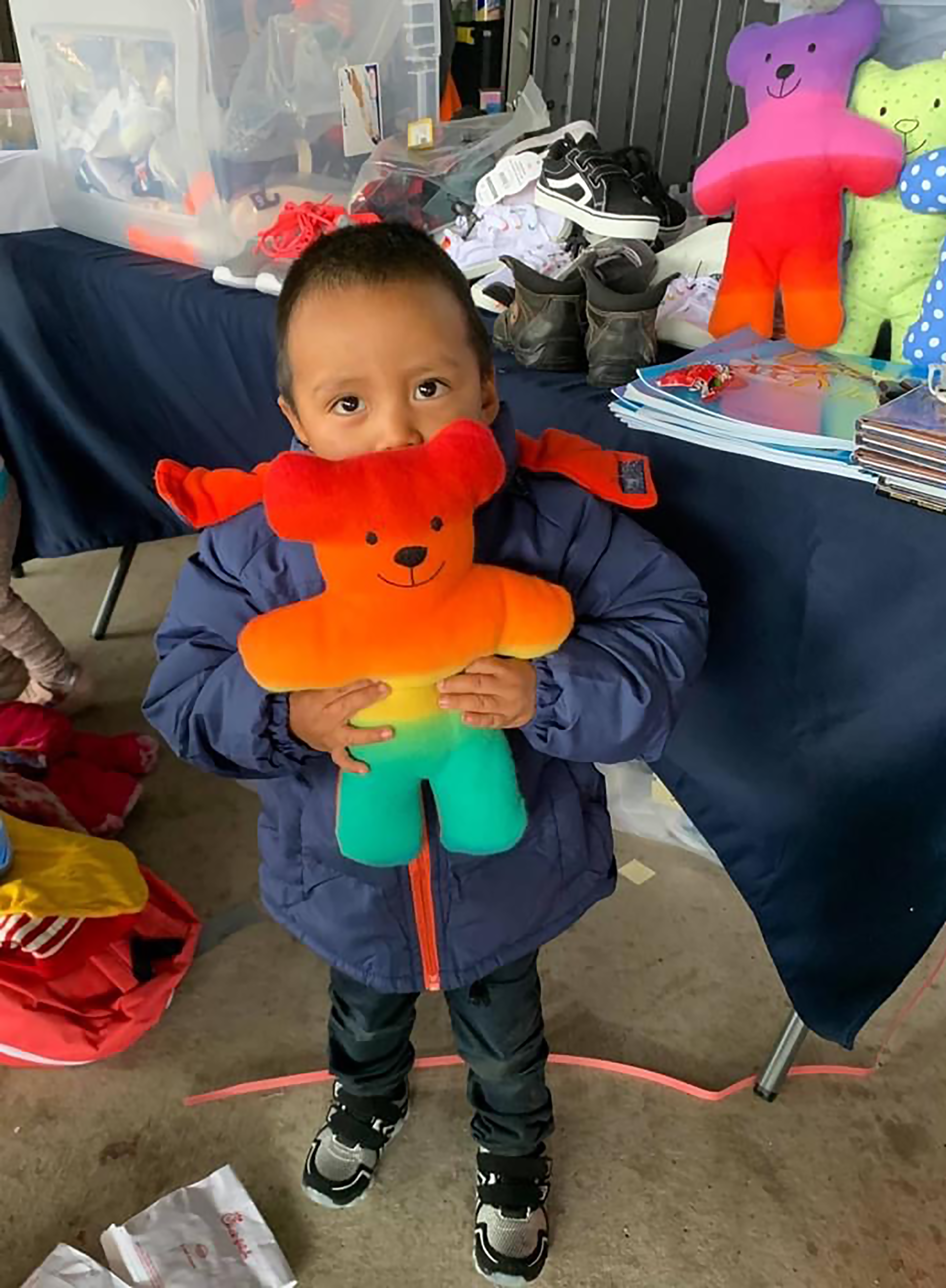
It’s tricky at times to spot the expected travelers.
“They keep a low profile,” says D’Anne Rivers, 67, a retired nurse and a Granny for two years. “You look for people who seem exhausted or you ask the bus driver if he’s heard passengers speaking Spanish. When I approach people, I say ‘Soy voluntaria,’” Rivers says. “I don’t want them to think I’m with ICE [U.S. Immigration and Customs Enforcement]. People are also less guarded because I have brown skin.” In addition, Rivers, who immigrated with her family from Trinidad and Tobago decades ago, brings exquisite sensitivity to the work. “You feel uprooted when you immigrate,” she says. “Part of you is never quite at home.”
When approaching people, gender counts too, Donna finds.
“People talk much more readily to a woman than to a man,” she says.
Though many immigrants come from Hispanic countries, some arrive from Asia, Africa, the Caribbean and other parts of the world and don’t speak English. Often, no one at the bus station speaks their language, Vandegrift notes. It’s a problem if they need to change a ticket. She leaps the language barrier with Google translator.
“If that doesn’t work, pantomime usually succeeds,” Vandegrift says.
Grannies sometimes spend two or three hours in the bus station to make sure that the family catches the right bus to continue the journey.
“New Jersey Transit keeps changing where the bus stops,” Donna says.
The recent quiet sale of the Greyhound terminal — prime real estate with its 11th and Filbert location, and all the more so with the proposed arena — heightens uncertainty among bus riders, including immigrants. A different terminal location may cause confusion and inconvenience if it’s moved to an outlying area.
Grannies may face other hurdles.
“Often when we get to the station, the people have taken a different bus,” Reitzes says. That sometimes happens when asylum seekers find a more direct route to their destination. “It’s frustrating because we want to make sure they get where they need to go.”
Reitzes also mentions an emotional element. “For me, it’s the overall sadness of people leaving their country for economic or political reasons, or due to gang violence. You’re giving up your land, your culture.”
Other issues may arise.
“Once, when we went to meet a family, it was cold outside,” Robert says. “They were waiting for a male relative to meet them. When the man arrived, he refused the jackets we’d brought even though the family had only lightweight clothing. It was a whole matter of pride. He wasn’t going to accept anything from this white man. That was a difficult and important observation.”
Despite spartan bus stations and sometimes-missing passengers, many Grannies find that the benefits outweigh the frustrations. Cole speaks of having gained a stronger public voice since she began the work. Robert and Donna as well as Vandegrift find satisfaction in helping people in great need. Reitzes and Rivers, who, like many Grannies, pair up for bus station visits, say that it has strengthened their friendship.
Online training helps prepare Philly volunteers, and most continue, hurdles and all.
“I didn’t retire to sit home all the time,” Reitzes says. “I’m an older woman trying to heal the world a little.”

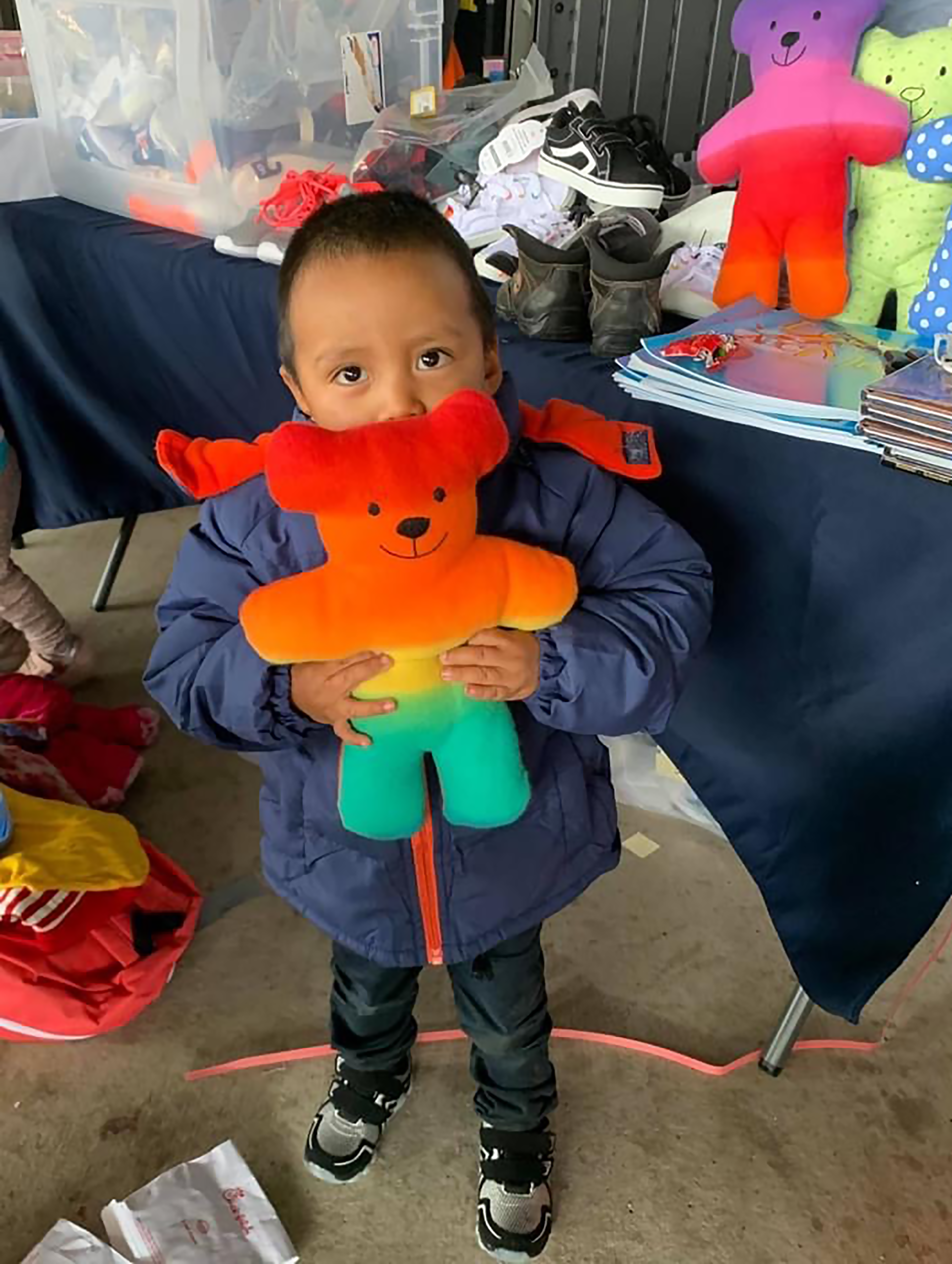
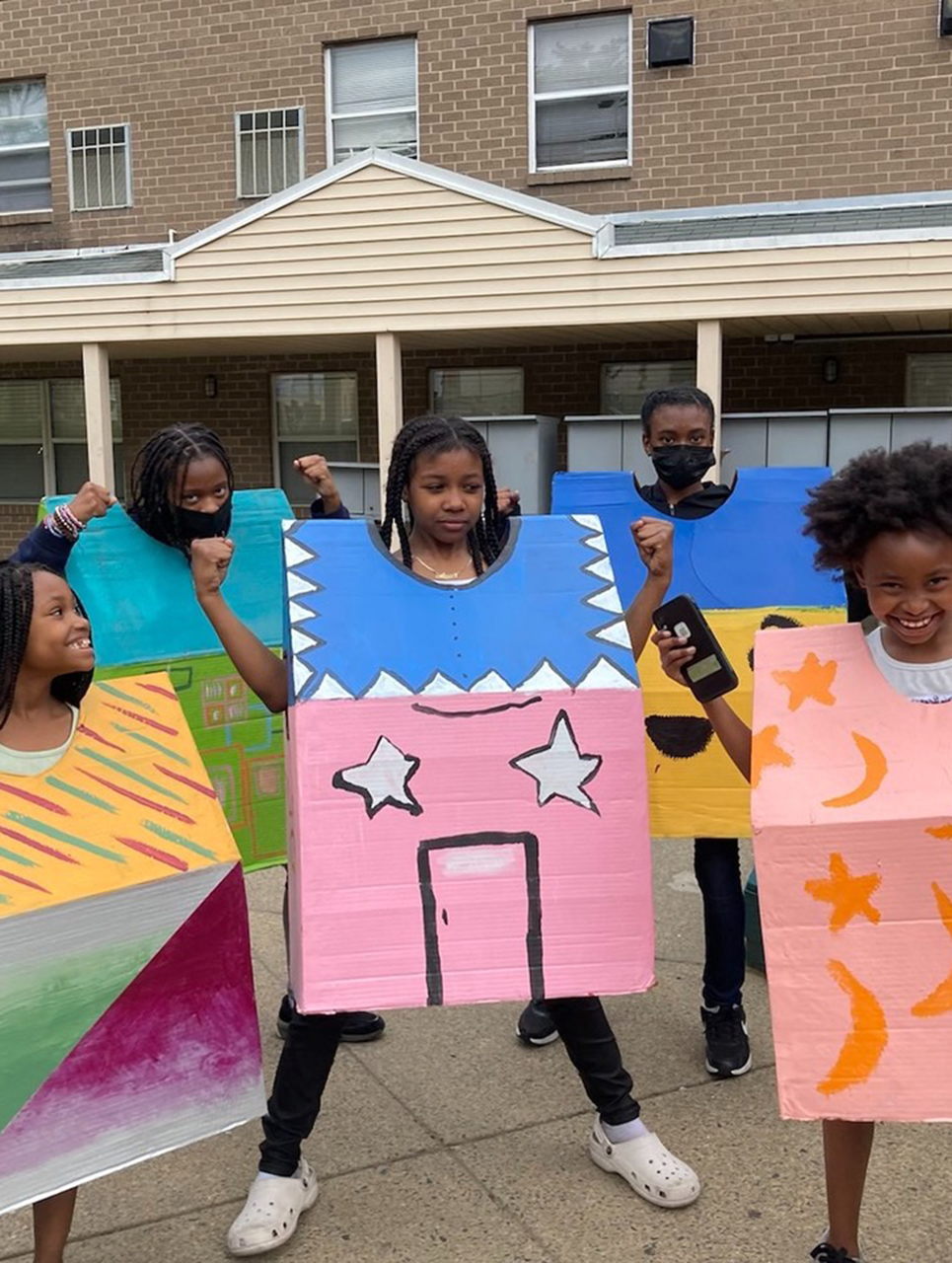
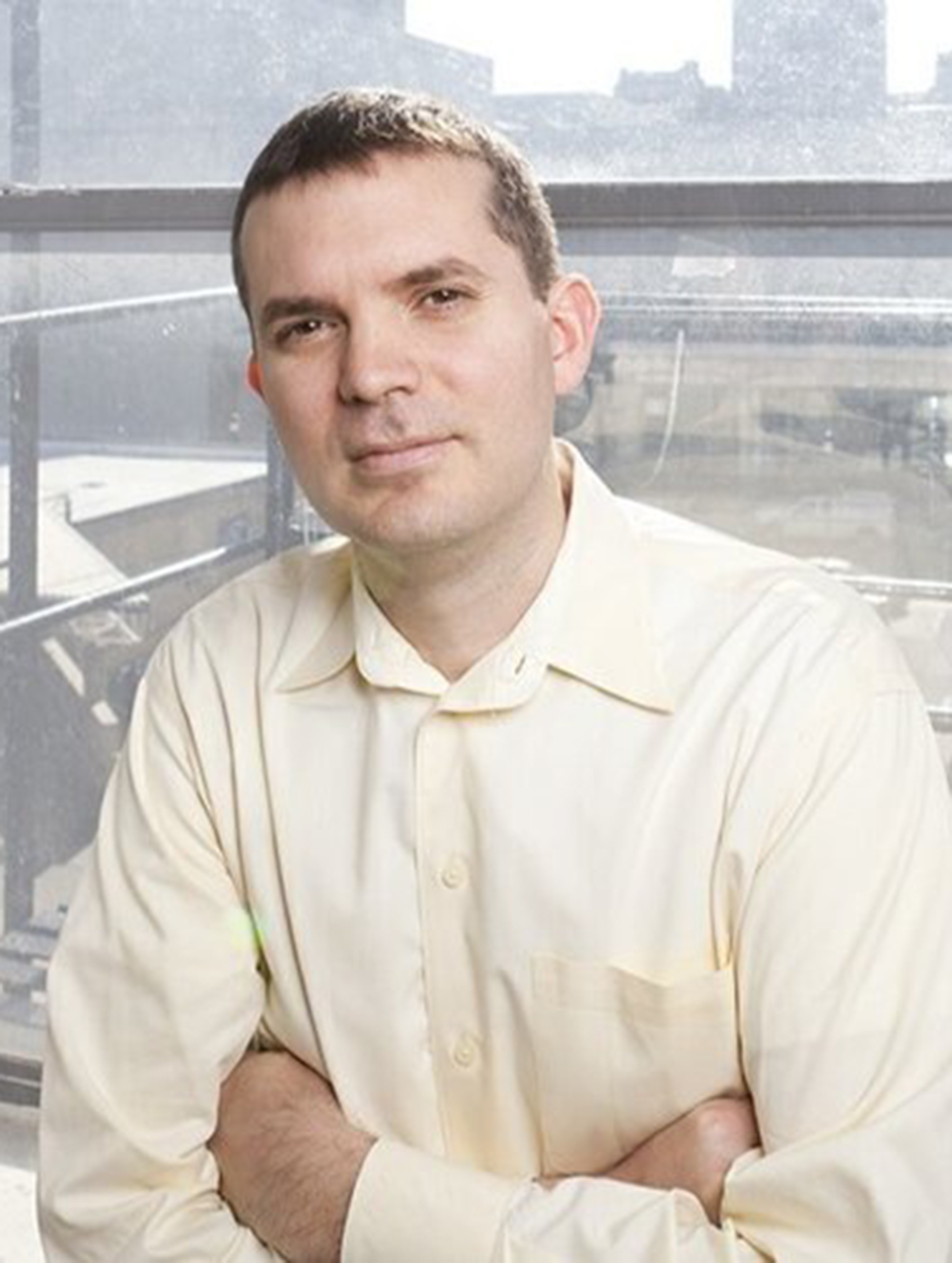

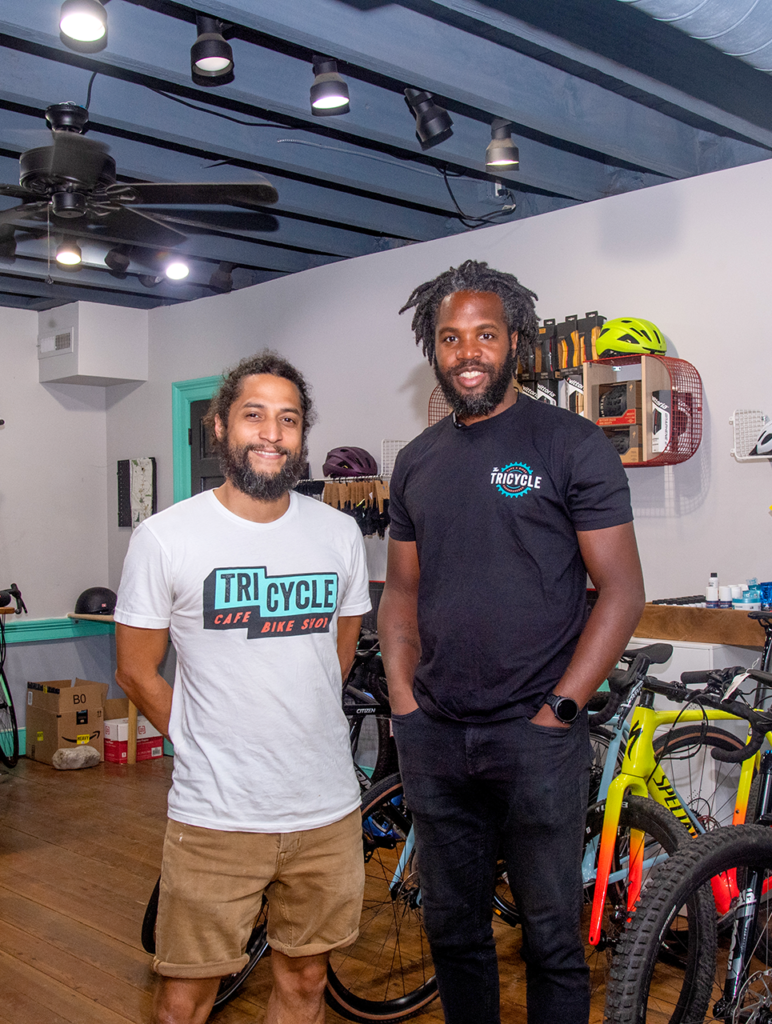

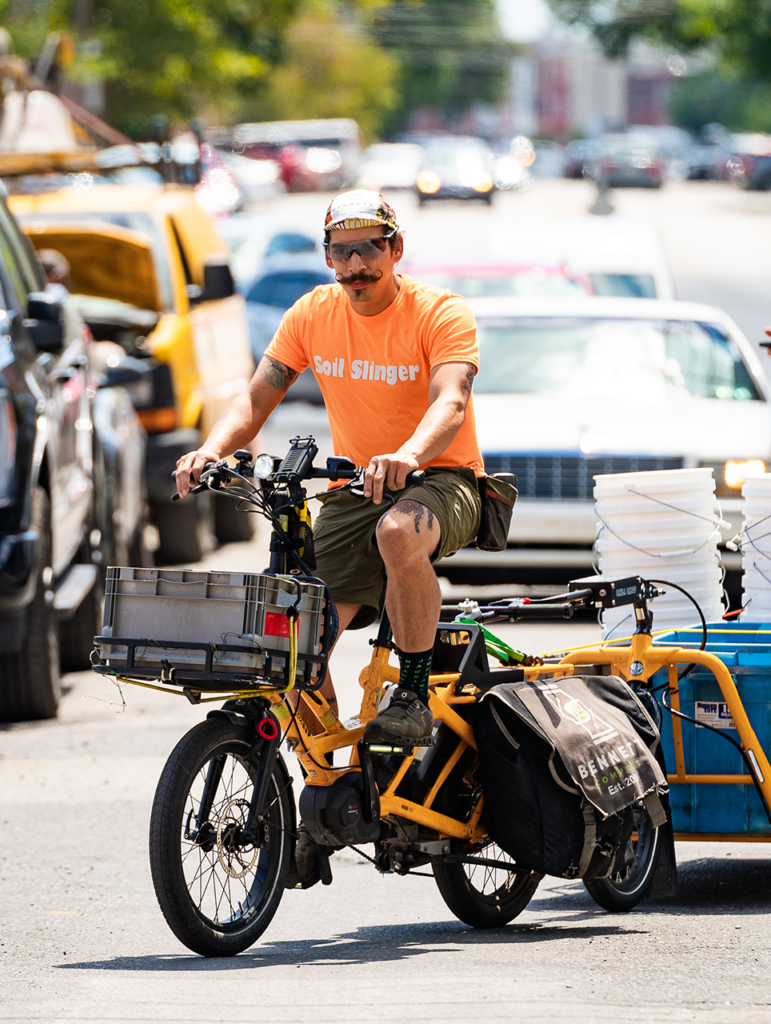

What a beautiful story of human caring — individuals helping others with their compassion. I so wish that individual caring would have more of an impact on our nation’s policies — rather than the institutional or corporate influence that lobbyists promote. Thank you for an important story.
Great and important article ! Might it go in the magazine also. It would reach more people and help with donations !
It is in the September Grid! My apologies.
I read the article, and I want to get involved. I speak perfect Spanish and could be a resource here in Philadelphia. Whom should O contact?
Dear Dolores Vera,
Gracias por responder. Usted podria prestar mucha ayuda al grupo. Por favor, mande un correo a granniesrespond.com. Si tiene cualquier dificultad, que me escriba: cgarciabarrio1@gmail.com.
Constance